News
Launched in 1999 and updated regularly, Statewatch News includes our own reporting and writing as well as articles, announcements, documents and analyses from elsewhere on civil liberties, EU policies and state practices. You can receive updates in your inbox by signing up to our mailing list, or use our RSS feed to get instant alerts.

Scrutinising European police surveillance of activists: new guide on personal data requests
A new guide aims to improve the ability of activists and campaigners to request data held on them by Europol, the EU’s policing agency, and to increase public and political scrutiny of European police forces gathering data on individuals’ political activities.
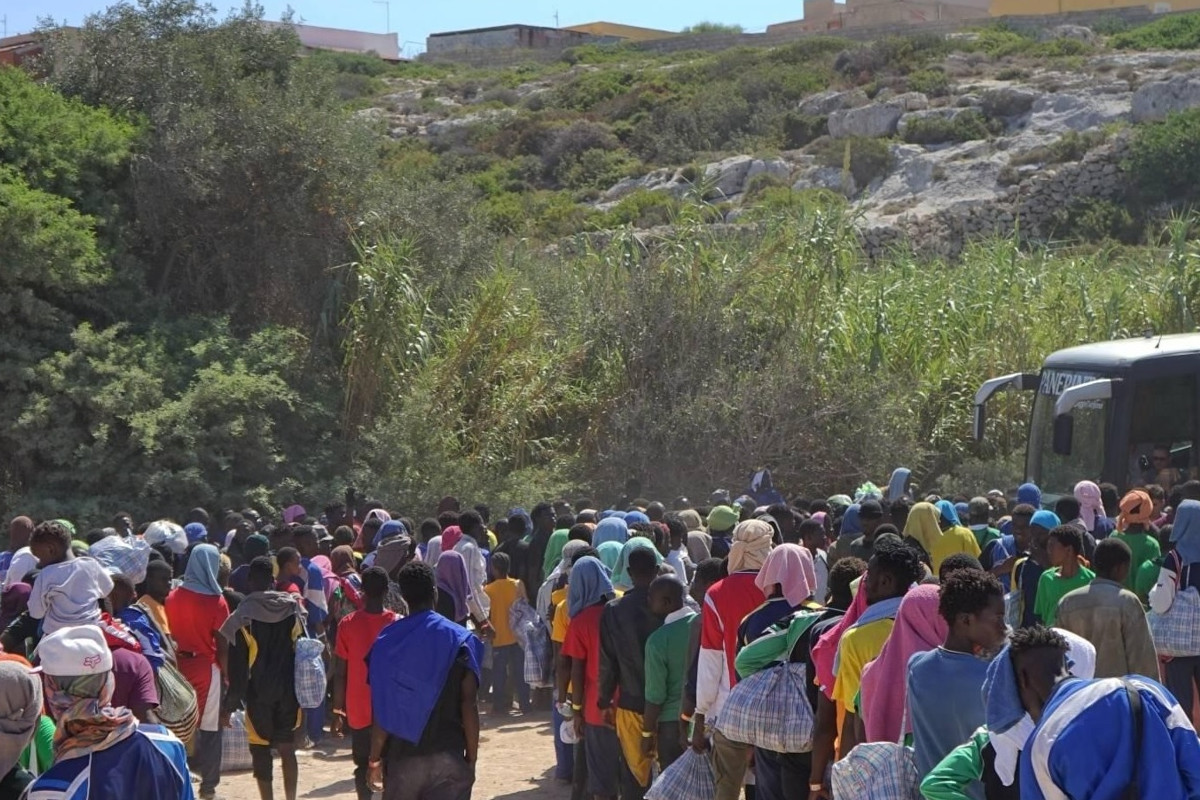
Arrivals in Lampedusa: Solidarity and resistance in the face of Europe's reception crisis!
Joint statement signed by Statewatch and more than 80 other organisations: Following the arrival of a record number of people on the move in Lampedusa, civil society expresses its deep concern at the security response of European states, the crisis of reception, and reaffirms its solidarity with people on the move arriving in Europe.

Statement to EU countries: Do not agree to mass surveillance proposal, warn NGOs
Over 80 organisations, including Statewatch, are calling on EU member states to block the proposed Child Sexual Abuse Regulation, which would fatally undermine encryption and thus the safety and privacy of all internet users. In the UK, the government has recently conceded that similar clauses in the Online Safety Bill will not be enforced until it is technologically possible to do so - which is likely to be never.

EU: Dangerous loophole in the AI Act must be closed to protect rights
Almost 120 civil society organisations, including Statewatch, are calling on MEPs to close a massive loophole in the proposed Artificial Intelligence Act introduced under pressure from big tech lobbyists. Without changes, the law will allow developers of AI systems to decide whether or not the systems they produce should be considered "high-risk" or not - an obvious invitation for them to decide that they are not, in order to avoid the extra safeguards that the Act should impose.

EU: Commission halts migration cooperation with Niger, but for how long?
EU-promoted migration control policies have caused discontent in Niger, and it has been suggested they may have contributed to the unpopularity of toppled president Mohamed Bazoum, who was ousted in a military coup in July. After the coup, the European Commission halted its support for security and migration projects in the country. However, its willingness to cooperate with institutions and actors that violate human rights elsewhere raises the question: for how long?
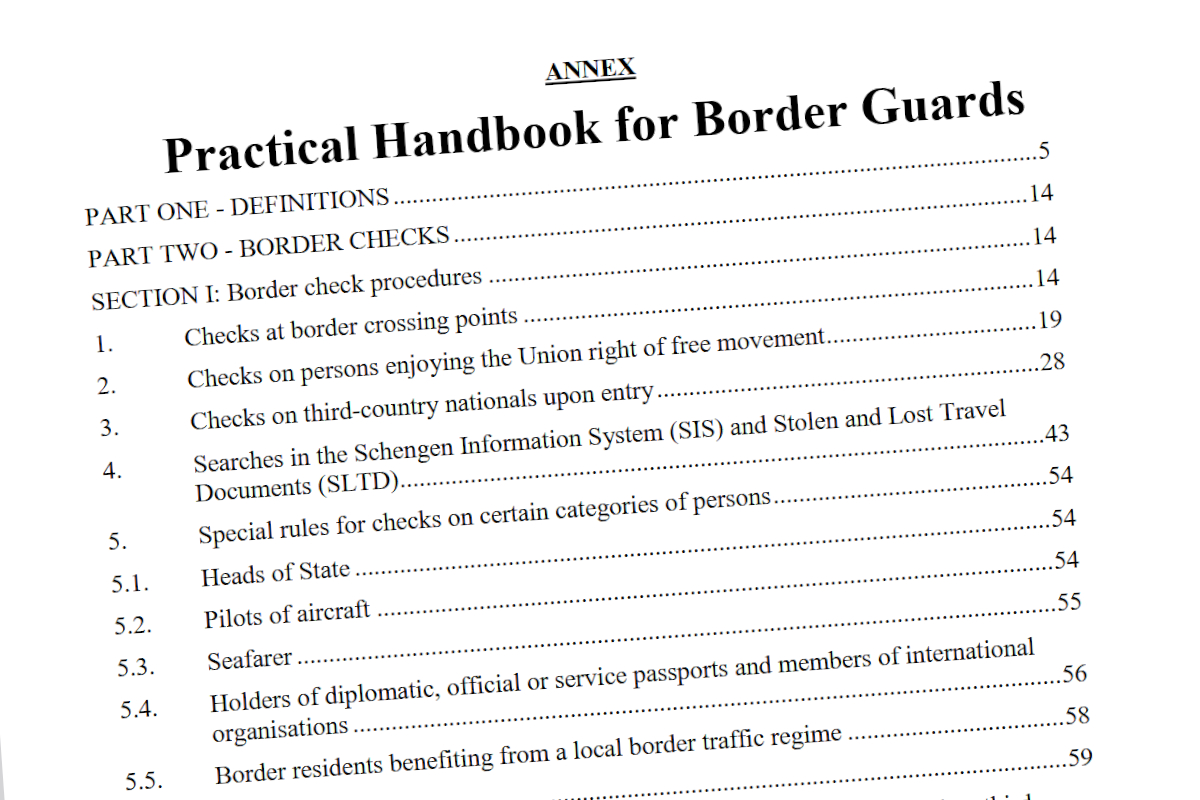
Brexit: UK nationals “are being wrongfully detained whilst transiting through the Schengen area”
UK citizens who have retained post-Brexit rights as legal residents of EU member states have “encountered problems when transiting Schengen States on their way to the [member state] where they reside,” according to the European Commission – including “being wrongfully detained whilst transiting through the Schengen area.”

UK: Papers, please: how one man’s academic research turned him into a terrorism suspect
Book review: In ‘The Suspect’, Rizwaan Sabir offers an intimate first person account of the experience of being accused of involvement in terrorism. He was arrested in May 2008 for possessing a document deemed useful for committing terrorist acts, as part of his academic research into Al Qaida at Nottingham University.

Cyprus: Racist "pogrom" against Syrian refugees
The Cypriot anti-racist organisation KISA has denounced a racist "pogrom" against Syrian refugees in Chloraka, in which various far-right groups attacked adults, children and property. The "well-organised and coordinated attack" grew from "the fertile ground created by the state migration and asylum policies, which are based on systemic racism and discrimination, in flagrant violation of human rights as well as EU and international law," says a press release from KISA. The police, meanwhile, are accused of having "tolerated and apathetically at first watched the violent attacks and other offences," until they eventually made "three arrests, two of which were of Syrian refugees according to media reports, victimising once again the victims of the attacks."

Urgent warning: more deaths at sea, NGO ships blocked
A joint statement signed by 56 organisations, including Statewatch, calls for European states to stop obstructing and hindering civil search and rescue missions in the Mediterranean Sea.
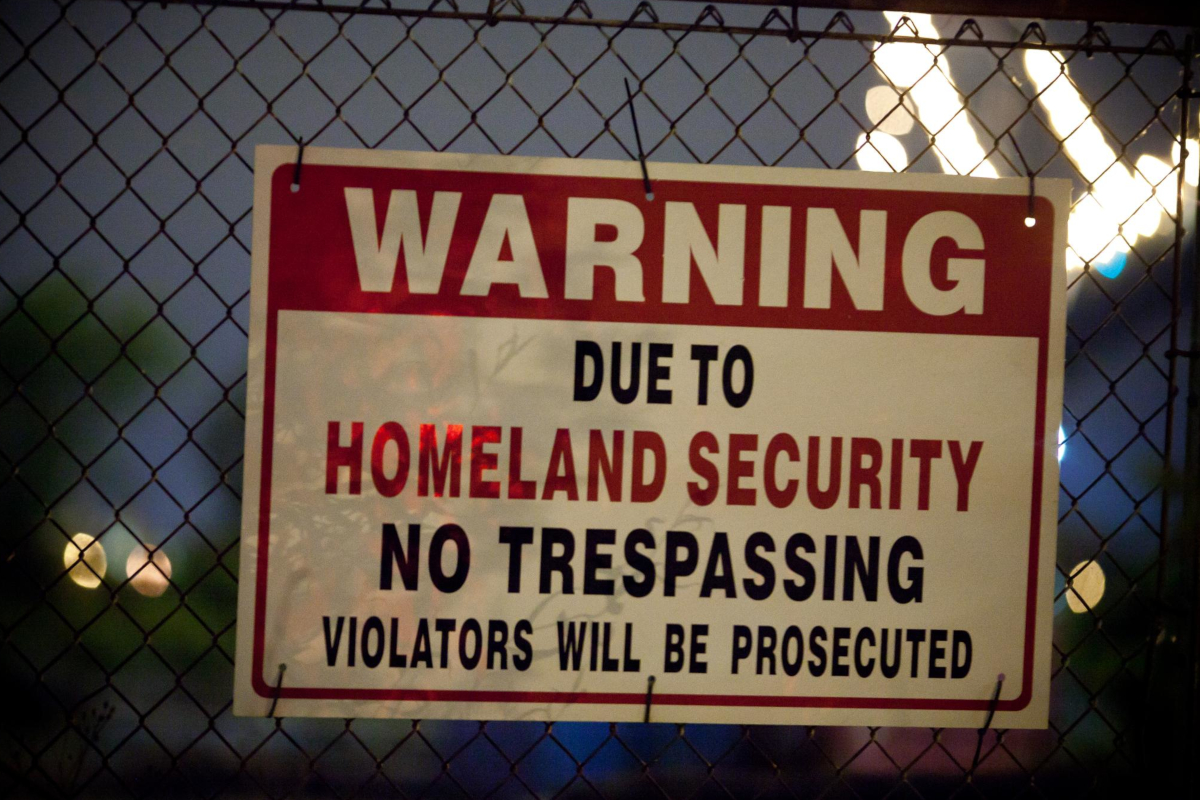
EU and USA plough ahead with secret discussions on biometric data exchange scheme
The EU and USA are discussing a proposed “Enhanced Border Security Partnership” which would involve “continuous and systematic” transfers of biometric data in both directions, but the Commission has refused to release documents that would provide further information to the public.

Tracking the Pact: Presidency's proposed negotiating position on force majeure Regulation; member state comments
On 26 July the Council Presidency circulated what it intended to be the Council's negotiating mandate on the proposed Regulation addressing situations of crisis and force majeure in the field of migration and asylum. Agreement within the Council on the text remains elusive, but it is being made public here, alongside previous versions of the text and compilations of comments from member states on various issues raised by the proposal.

Spanish Council Presidency: how can we use the diaspora population as leverage for migration control?
The EU should use policies on the diaspora population to step up pressure on third countries to cooperate with migration control, the Spanish Council Presidency has suggested, by “embedding discussions on diaspora relations in bilateral relations on migration with partner countries.”

Rights groups slam “nonsensical priorities” of EU Commission €15bn border wall boost following hottest month on record
Rights groups have hit back at the European Commission’s commitment to radically increase border spending in spite of multiple human rights scandals on Europe’s borders; and contrasted it to the lack of new support and finance for climate action following last month’s record heatwave.

European Commission wants to boost border spending by billions of euros
In June the European Commission proposed amendments to the EU’s budget for the 2021-27 period, arguing that existing finances are at “the point of exhaustion”. The changes sought by the Commission would increase the budget for “migration and external challenges” by €15 billion.

EU: Law enforcement data access demands could encompass any connected device
Law enforcement officials are meeting today and tomorrow in Logroño, Spain, to discuss "access to electronic communications and digital data as a premise for law enforcement." The Spanish Council Presidency published a discussion paper prior to the meeting, but a document obtained by Statewatch offers far more information on current plans.
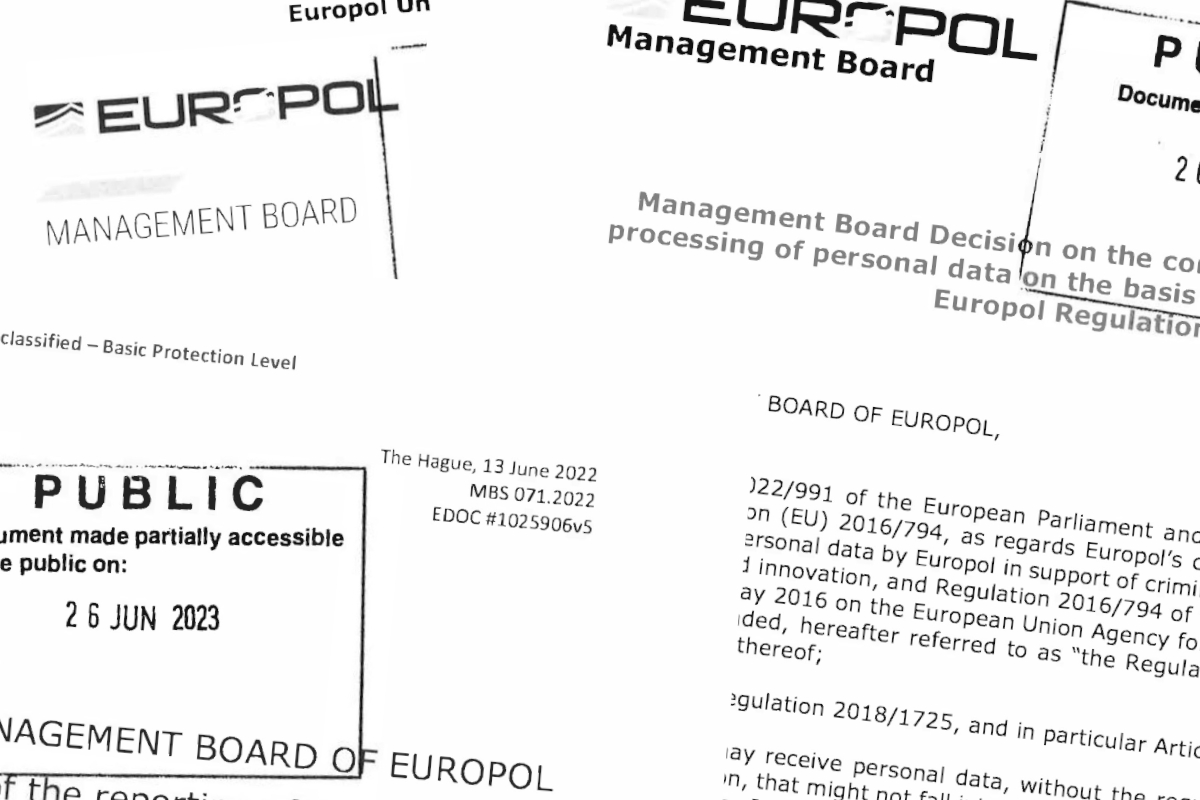
Key Europol documents only made public following access request
None of the decisions adopted by the policing agency's management board since the entry into force of the revamped Europol Regulation last summer were made public, in breach of Europol's own transparency commitments, until Statewatch filed an access to documents request.

UK: Joint civil society statement on the passage of the Illegal Migration Act
A statement signed by representatives of almost 300 organisations from across the UK, including Statewatch: "We all deserve to live safe from harm. But this senselessly cruel Act will have a devastating impact on people’s lives. It turns our country’s back on people seeking safety, blocking them from protection, support, and justice at a time they need it most."
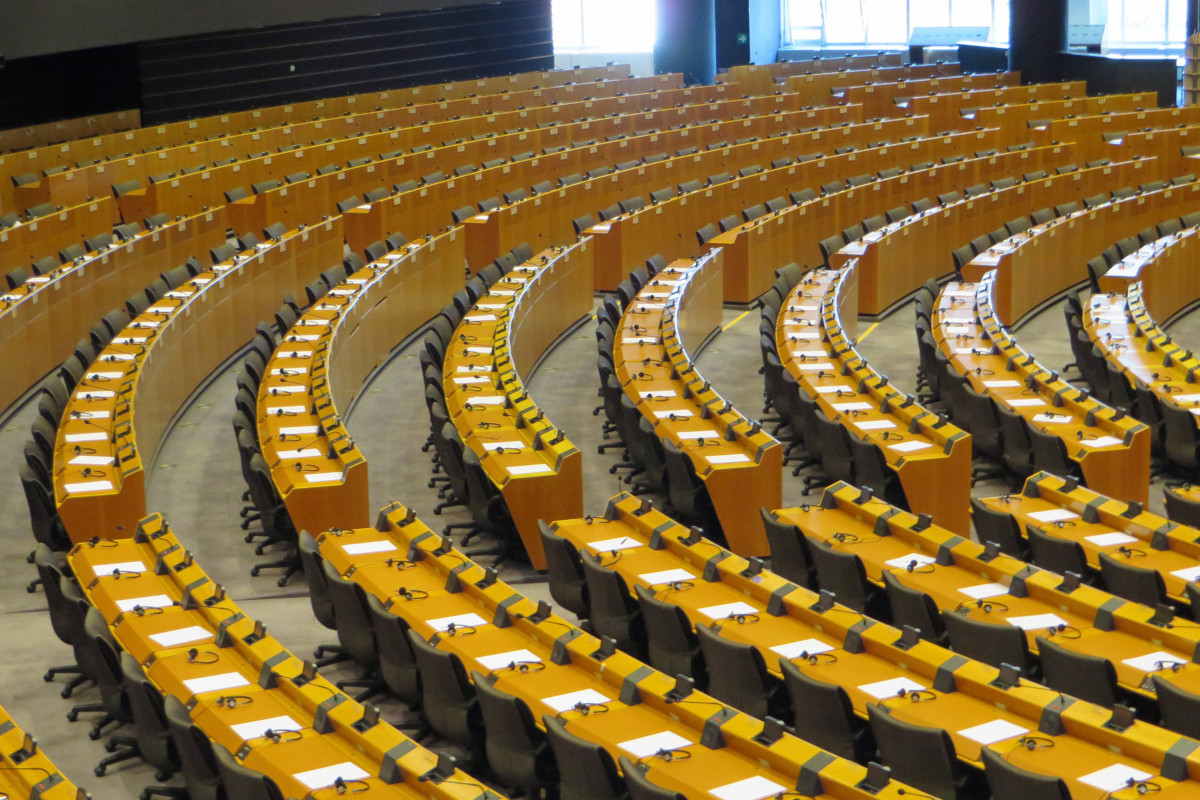
EU: Civil society calls for rights to be prioritised in secret AI Act "trilogue" negotiations
Secret negotiations between the Council of the EU, European Parliament and European Commission on the Artificial Intelligence Act have begun, more than two years after the legislation was proposed. A statement signed by more than 150 civil society organisations, including Statewatch, calls for fundamental rights to be put at the centre of the talks.

“PUSH BACK FRONTEX”: campaign in Senegal targets deployment of EU border agency
A campaign against the deployment of Frontex in Senegal is seeking to halt a proposed agreement between the EU and the West African state and to denounce “how the EU collaborates with our complicit regimes killing people in the Mediterranean and in transit countries.”

Europe’s techno-borders: digital infrastructure for migration control
A new Statewatch/EuroMed Rights publication analyses the past, present and future of Europe’s “techno-borders” – the extensive infrastructure of surveillance systems, databases, biometric identification techniques and information networks put in place over the last three decades to provide authorities with knowledge of – and thus control over – foreign nationals seeking to enter or staying in EU and Schengen territory.
Spotted an error? If you've spotted a problem with this page, just click once to let us know.